 |
| October 27, 2020 |
Dear Reader,
This week we're rolling out a special podcast series about how the 2020 U.S. presidential election could affect science, technology and medicine. Our first episode is an interview with Scientific American's editor in chief Laura Helmuth on why it's an urgent time to talk about these subjects and what is at stake. Next, health officials are urging Americans to get their flu shots this year in the hopes of preventing a situation in which both influenza and COVID-19 spread. A new study suggests another key reason to get a flu shot this year: it might reduce your risk of COVID-19. On the topic of lowering infection rates, one of the stories featured in today's roundup explains how Indigenous people in Canada have prevailed during the pandemic by shaping their own public health strategies. |
| | Sunya Bhutta, Senior Editor, Audience Engagement
@sunyaaa | |
 |
| |
| |
| |
| Policy & Ethics Election 2020: The Stakes for Science Scientific American's editor in chief sets up this week's series of podcasts about how this election could affect science, technology and medicine. |  | By Laura Helmuth,Steve Mirsky | 02:20 | | | |
| |
| |
| Behavior & Society The Psychology of Fact-Checking Fact-checkers aim to get closer to the truth, but their biases can shroud the very truth they seek | | By Stephen J. Ceci,Wendy M. Williams | | | |
FROM THE STORE
 | | | |
| |
FROM THE ARCHIVE
 | | | |
LATEST ISSUES
 |
| |
| Questions? Comments?  | |
| Download the Scientific American App |
| |
| |



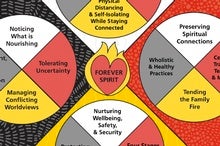





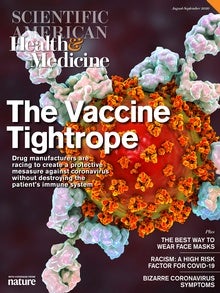



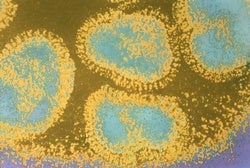
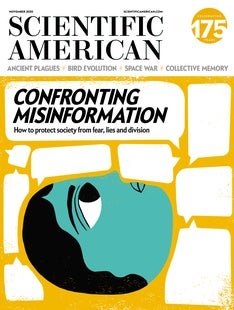


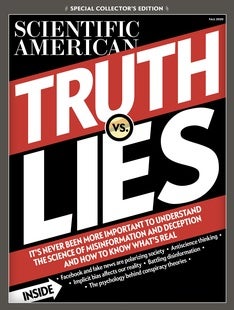
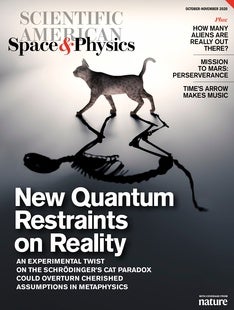



Comments
Post a Comment